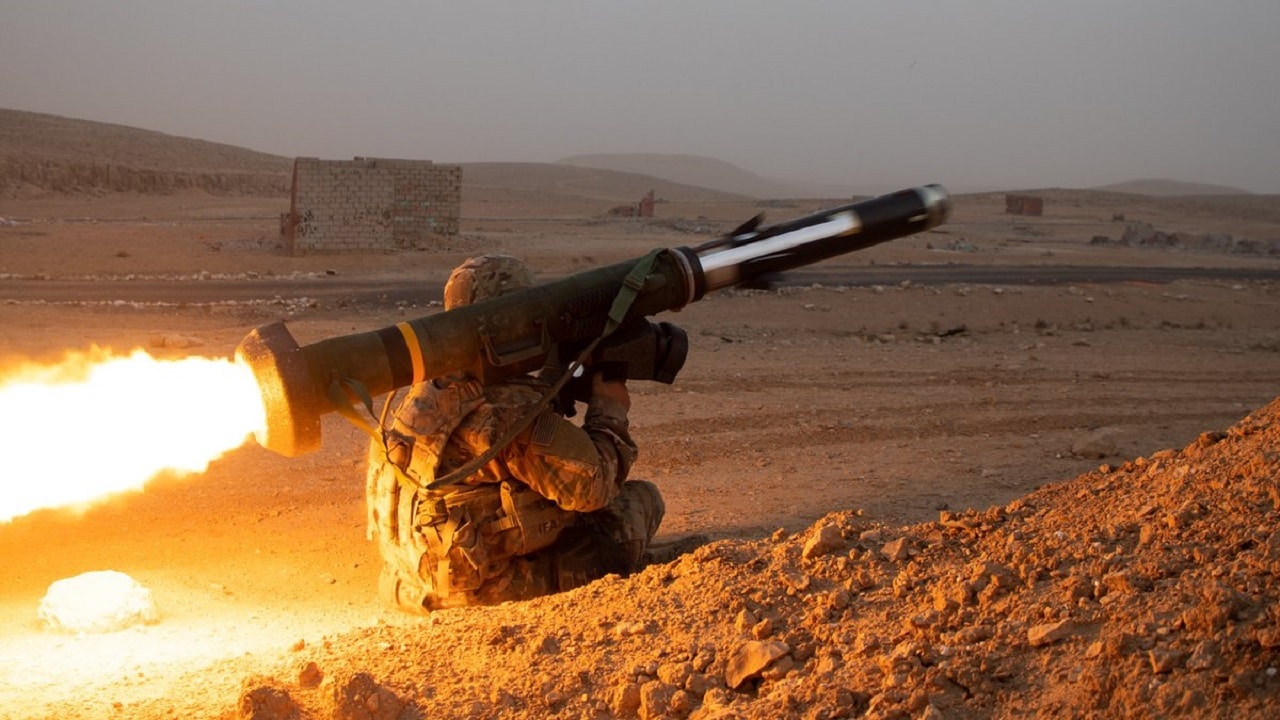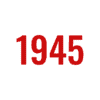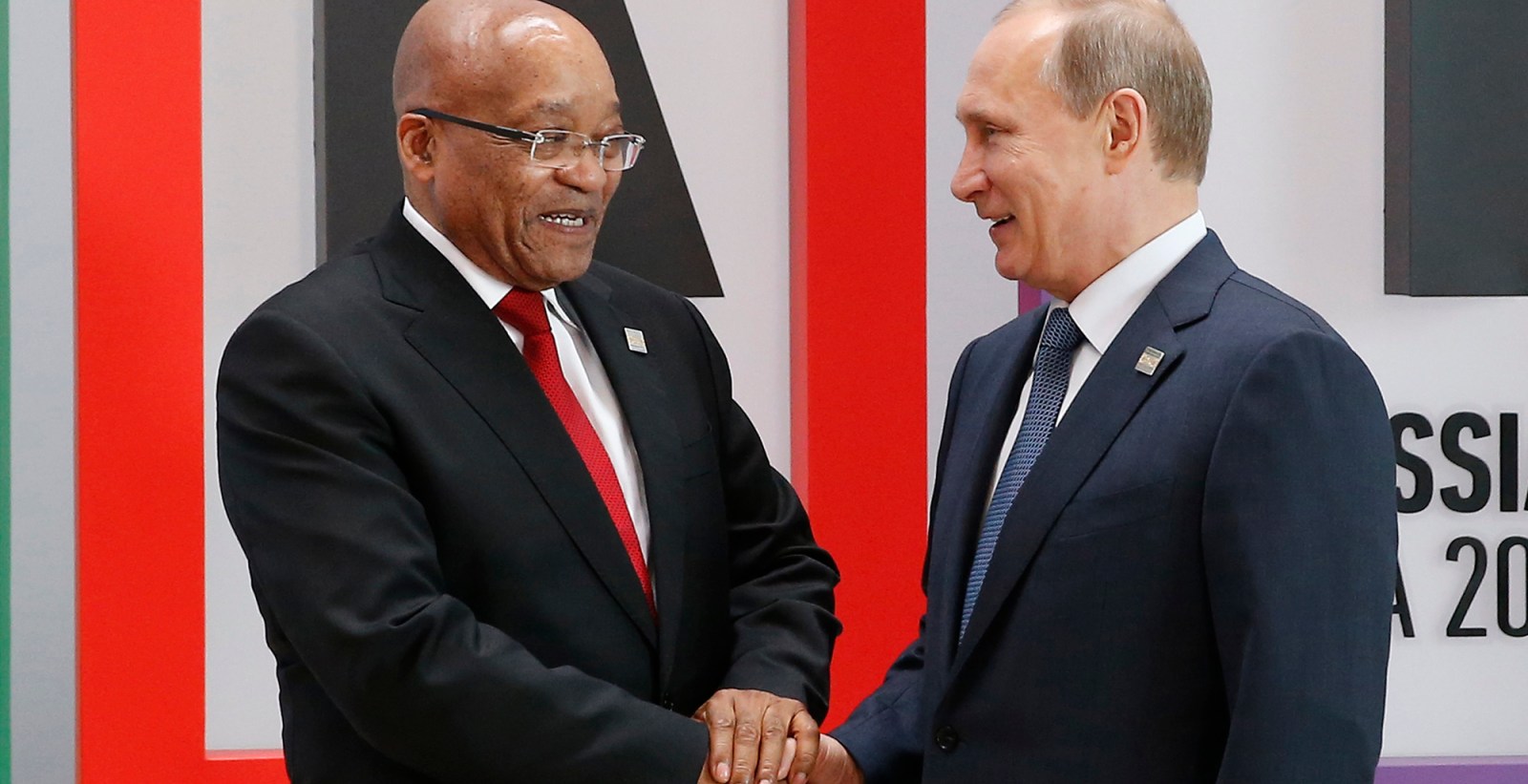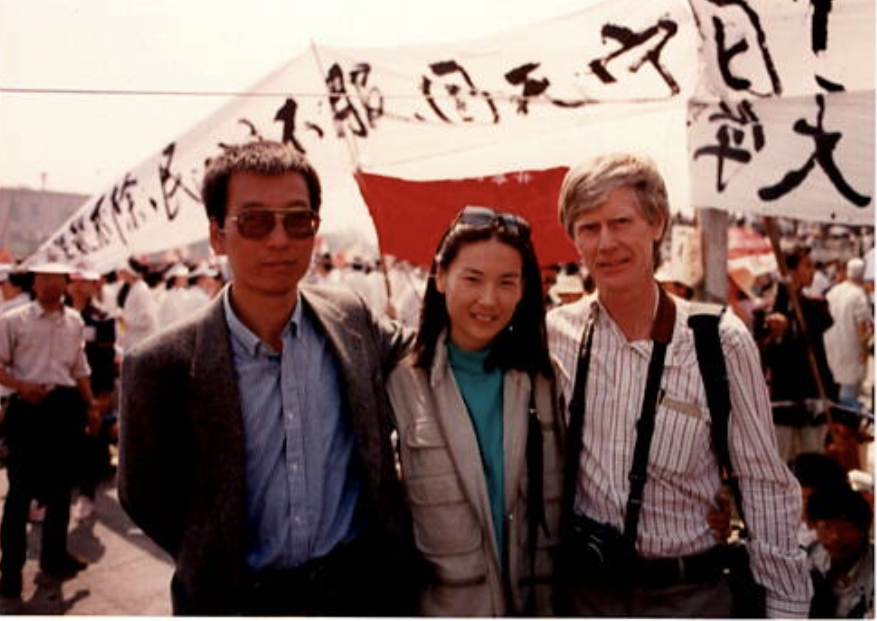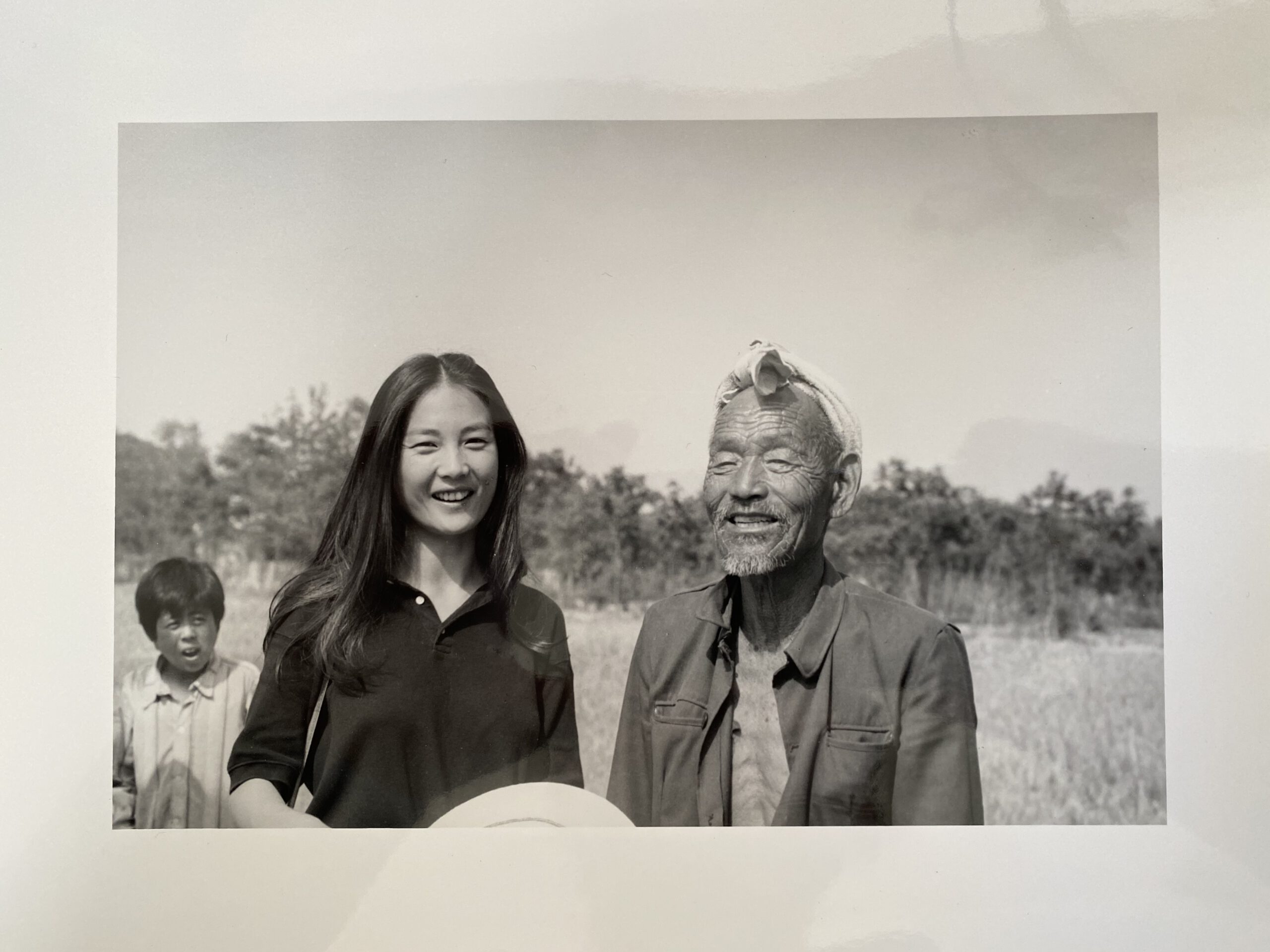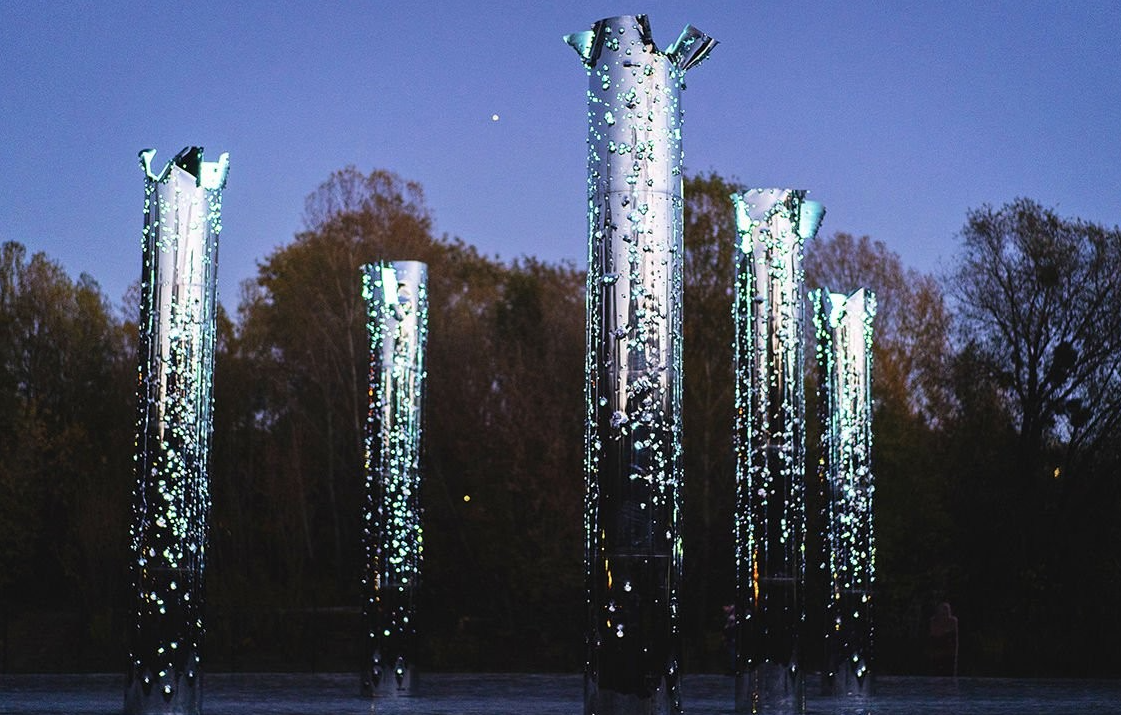Cries of pain and anguish — why the ANC is on the wrong side of history over Ukraine
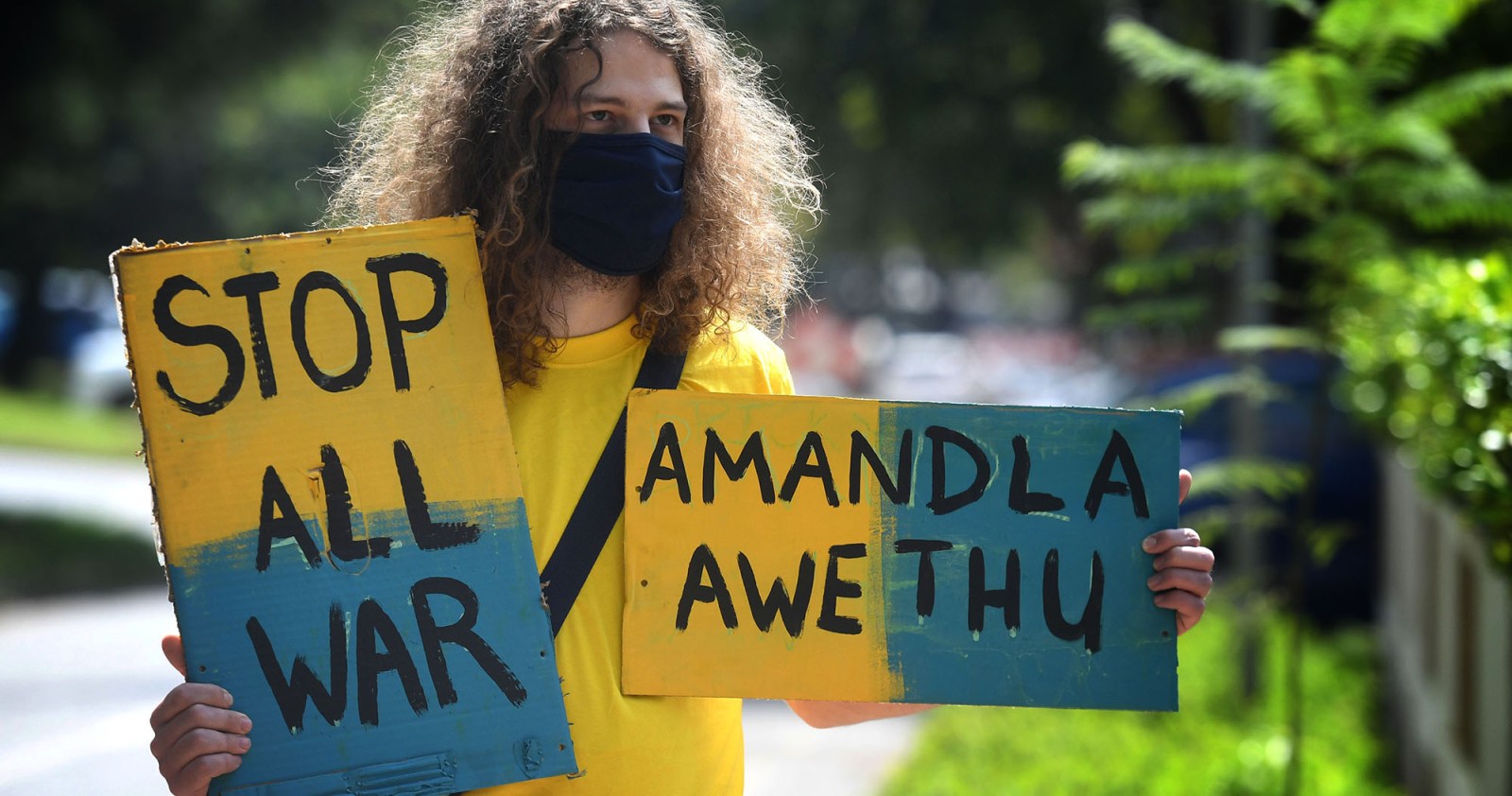
Nicholas Rutherford (23) from Johannesburg demonstrates in front of the Russian Embassy in Pretoria on 3 March 2022 with the group Picket for Peace against the war in Ukraine. The Sunflower is Ukraine's national flower.
By Ray Hartley and Greg Mills
06 Mar 2022
The ANC, having returned to its Russian lodestar, faces a second rude awakening. This time it is not the Berlin Wall falling, so much as the free world erecting a wall of isolation around Russia — a Berlin Wall in reverse, this time insulating the West against Putin’s excesses.
Thirty-five countries voted to abstain in the recent United Nations vote condemning the Russian invasion of Ukraine. Five predictably voted against: Russia, Syria, Eritrea, Belarus and North Korea. Of the remainder, 141 voted to adopt the resolution with the demand for the Russian Federation to cease all military activity in Ukraine and withdraw its forces.
South Africa was among a minority (17) of African countries that abstained, with 28 African countries voting in favour of the resolution. The Department of International Relations and Cooperation had issued a statement that seemed to reflect the country’s place in the democratic world when it called on Russia to withdraw. But this statement was rolled back and the decision to abstain was made. Why was this the case?
Russia’s President Vladimir Putin may have thought that the invasion would go quickly, the Ukrainian leadership would immediately capitulate and flee and that he would force the Europeans to accept his will
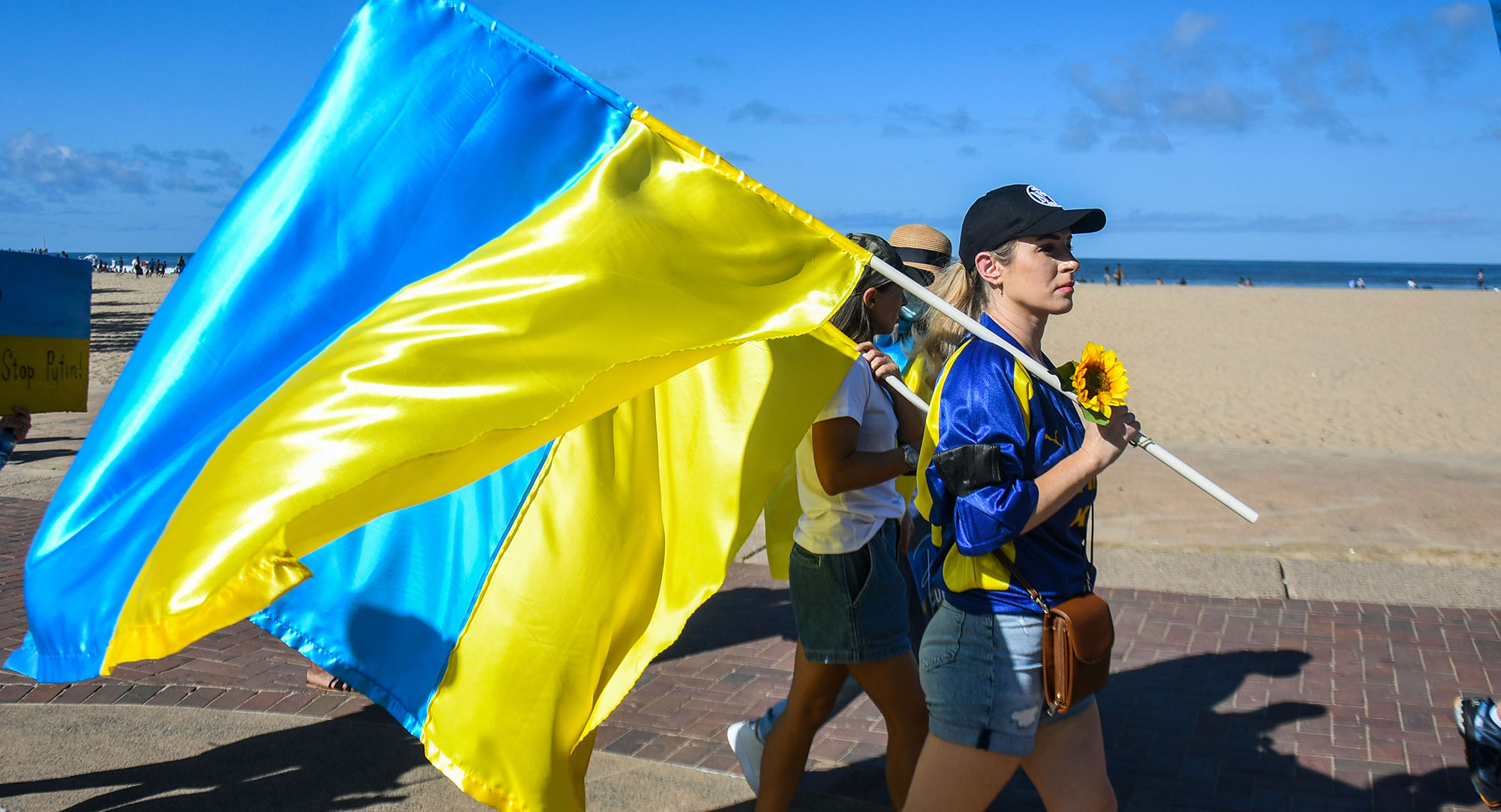
Such a scenario would have allowed him to quickly cement the narrative he was peddling that he was embarking on a “special operation” to secure the contested regions of Donbas, and the world would probably have disapproved but moved on as it did when he annexed Crimea in 2014.
But things didn’t go his way. Meeting fierce, organised resistance he became bogged down and began resorting to the Russian tactics used in Chechnya, of bombarding civilians into submission. The images of the terror unleashed on Ukrainian cities and of the hundreds of thousands who fled to neighbouring countries quickly turned the narrative against Putin.
It became apparent that the Ukrainians were going to stay and fight it out, and that Europe — led by the countries that abut Ukraine — had found its spine. Even if there was an asymmetry of military capabilities (in favour of Russia), there was an asymmetry of will (in favour of President Volodymyr Zelensky’s Ukraine). It could no longer be denied that Putin was using military force to undermine a sovereign, democratic country and the world responded with an unprecedented campaign of financial, industrial, cultural and sporting isolation.
Putin, it was clear, was on the wrong side of history.
It was clear that the free world — countries where democracy and sovereignty were cherished — stood against Putin’s aggression and the reasons for voting in favour of the UN resolution calling on him to cease prosecuting the war were many. Among them:
Putin had clearly broken international law and invaded a neighbouring state. This is a bad precedent, especially in Africa where colonialism has left a legacy of contested borders.
Unless Putin withdraws, there will be ongoing conflict in Ukraine for many years, with the potential to spill over into other parts of Europe.
Human rights have clearly been abused, with well-documented attacks on civilian homes, schools, universities and public squares using cluster munitions, missiles and artillery.
There is a need to put pressure, not reduce it, to achieve negotiations, just as was done in South Africa in the 1970s and 1980s.
Ukraine is a democracy; Russia is not.
Yet, despite all of this, South Africa, a democratic country that favours peace and believes in the sovereignty of nations, chose to abstain. The answer lies in the ANC’s historical relationship with Russia.
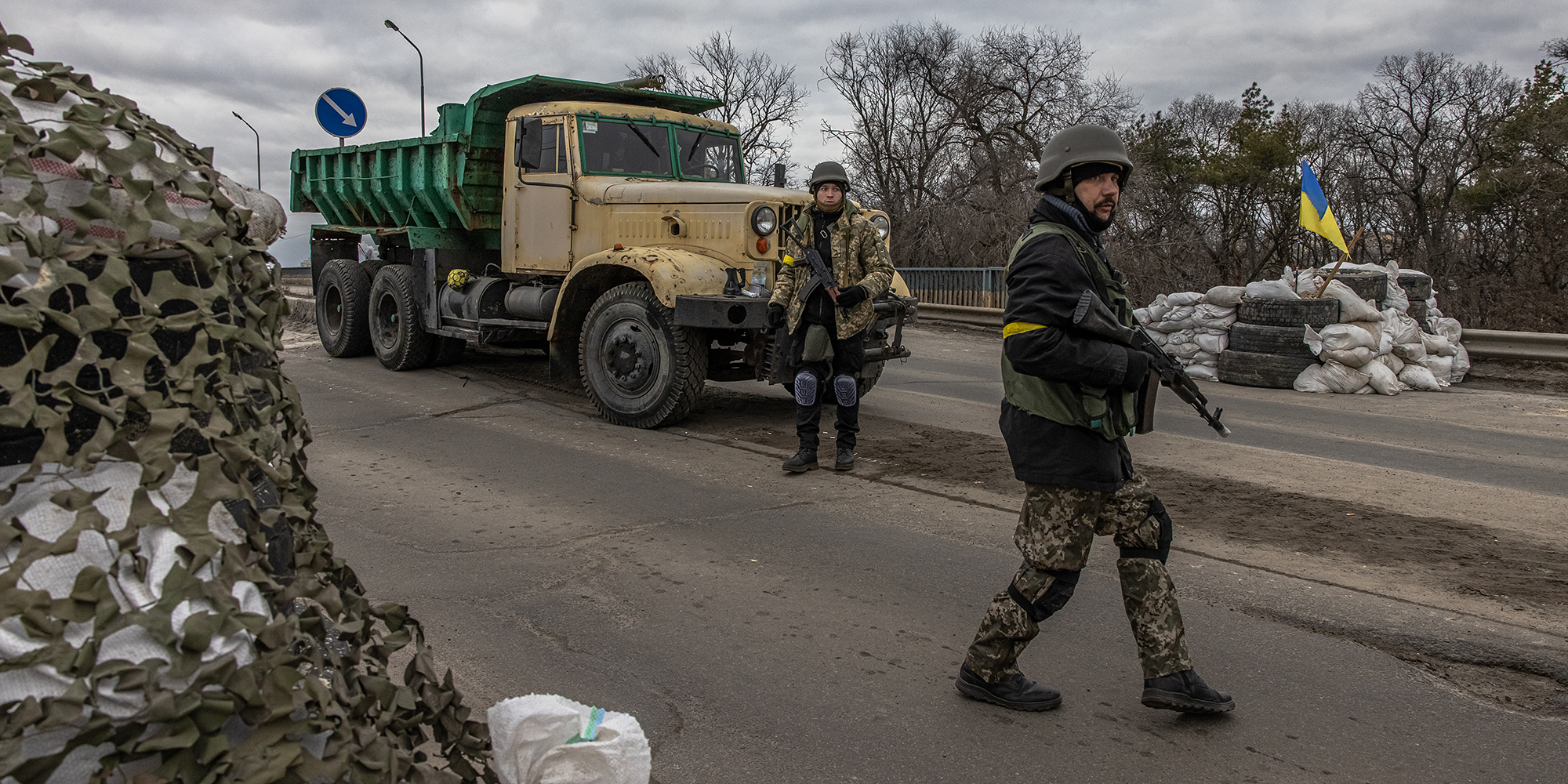
When the Berlin Wall fell in 1989 and the Soviet Union was dissolved over the next several years, the ANC and the SA Communist Party were deeply affected. For decades the Soviet Union had supported liberation movements such as the ANC with education, military training and political support.
The Soviet Union lent materiel to the liberation movement. But it did far more than that. It was a major global superpower that stood at the head of the “progressive forces” for national liberation and socialism against the “West” and capitalism, viewed as an iniquitous and exploitative system to ultimately be overthrown.
Many of the ANC’s leading exiles studied in the Soviet Union or its Eastern European satellites and believed themselves to be part of a global movement for progressive change. They no doubt saw themselves as one day presiding over a South Africa with a command economy in which a powerful state would see to it that all toed the party line or suffered the consequences. The pattern for this sort of “democratic centralism” was already in place in the exiled ANC where it was dangerous not to toe “the line”. The likes of Pallo Jordan were among those interred for failing to hold the right views.
There were, of course, many in the ANC leadership who saw through the Soviet propaganda and, having spent time living in the socialist experiments of the Eastern Bloc, realised that there was an absence of freedom in these states where re-education camps and prisons were used to deal with dissenters.
The internal supporters of the ANC — trade unionists such as Cyril Ramaphosa — had already pivoted towards democracy, insisting on transparent leadership elections and scepticism about the possible abuse of state power borne out of their experience of repression at the hands of the militarised apartheid state of PW Botha in the 1980s.
The collapse of the Soviet Union, which began with an uprising of dockworkers in Gdańsk, Poland, in 1980 and ended a decade later with the people of the former Soviet republics eagerly embracing democracy with anti-authoritarian guarantees, nonetheless came as a shock to the diehards in the Struggle. They were suddenly faced with evidence that the states they identified with were despised by the people who lived there and that the democratic state — viewed as an instrument of capitalist control — was more desirable.
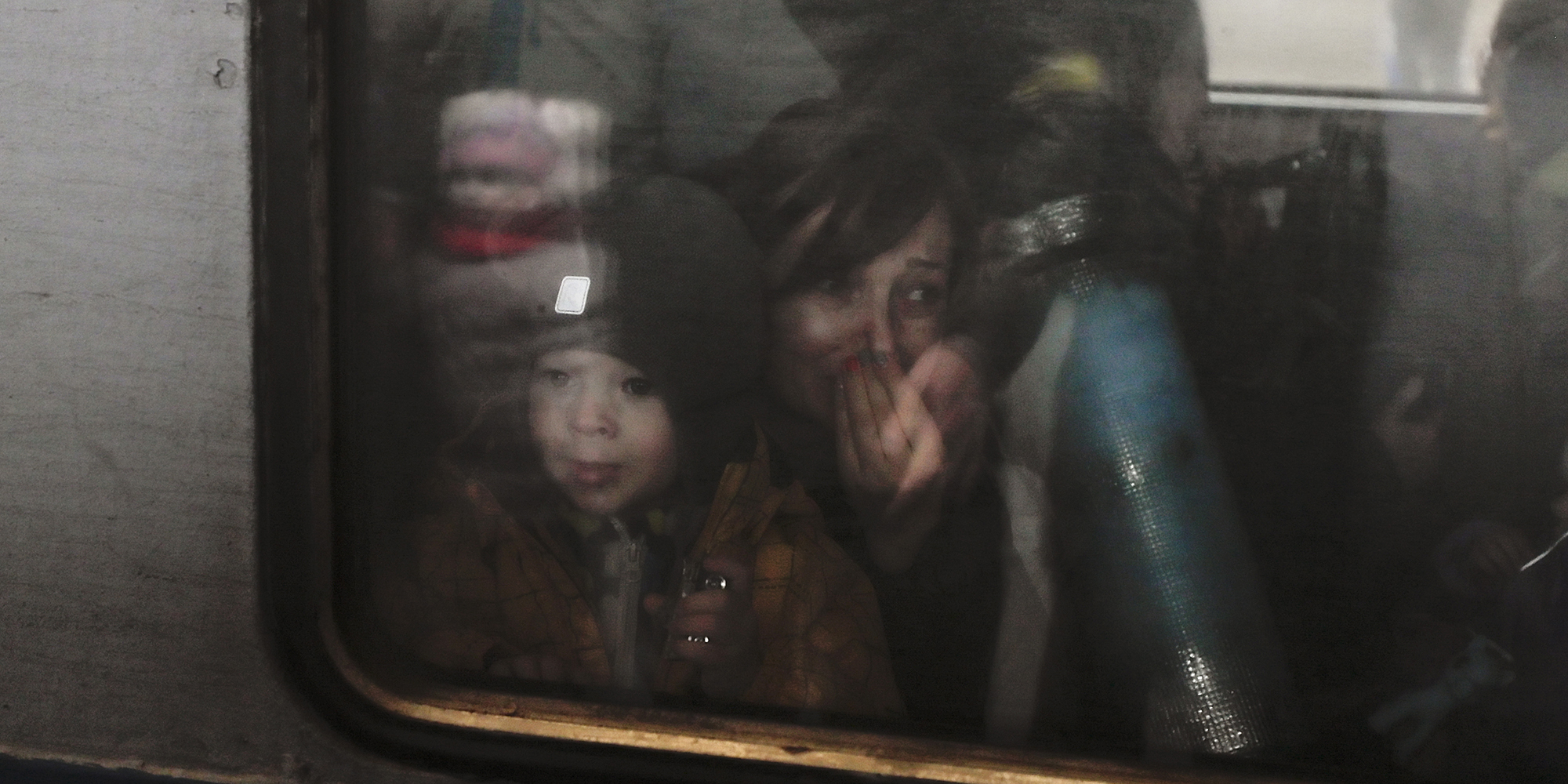
This opened the way for the ANC’s pragmatists — the exiled Thabo Mbeki and Ramaphosa, for example — to shift the party on to a more liberal democratic footing.
The eventual outcome of the negotiations was a social-democratic Constitution with liberal democratic characteristics. It at once compelled the state to bring about the transformation of society while checking the state’s power to act in ways that undermined individual freedoms.
When Jacob Zuma, the head of the ANC’s notorious exiled intelligence operation, became president, the criticism of the judiciary rose to a crescendo and, in a very East German turn, efforts were made to shut down the free press in the interests of “state security” with legislation and a “media tribunal” to punish those who dared publish what the state saw as falsehoods.
This Constitution with its limits on state power was never fully embraced by Zuma and his supporters and to this day there are frequent public criticisms from others — most recently by Lindiwe Sisulu — over the independence of the judiciary.
By the time Zuma reconnected the ANC to Russia with an attempt to mortgage the state to finance a “nuclear deal”, both parties had fundamentally changed, but they saw once again that they were in alignment, this time over far less noble goals. The ANC had morphed from a liberation movement to the manager of a kleptocratic elite that was “capturing the state” and Russia had become the model of a kleptocracy ruled by oligarchs all working in the service of Vladimir Putin.
South Africans and Russians began tying up business deals and the number of meetings between Zuma and Putin soon became too many to count
There were efforts made to get gas from Gazprom and there are some who believe that Gazprom might be the intended beneficiary of the government’s new appetite to move to gas to power the electricity grid.
The State Capture project was thwarted and the Zuma faction was placed on the back foot. But they have yet to face the full might of the law as the National Prosecuting Authority dithers over prosecuting them. And the relationship between the Russians and the party elite goes deeper than we think.
Now the ANC, having returned to its Russian lodestar, faces a second rude awakening. This time it is not the Berlin Wall falling, so much as the free world erecting a wall of isolation around Russia — a Berlin Wall in reverse, this time insulating the West against Putin’s excesses.
The pivot of Ukrainians away from Putin’s Russia is a pivot towards democracy and development. As much as this must annoy Putin’s version of Cold War history, it’s there in black and white: the Warsaw Pact did not vote to stay with Russia, just as the Soviet Union broke up for good reason — it delivered much less than the Western model, no matter how imperfect the latter may be. Whatever his dreams, Putin is not going to be able to push Eastern Europe back. The expansion of Nato has effectively prevented that. Otherwise, Putin might be attacking not only Ukraine, but the Baltics, Poland, Romania and others.
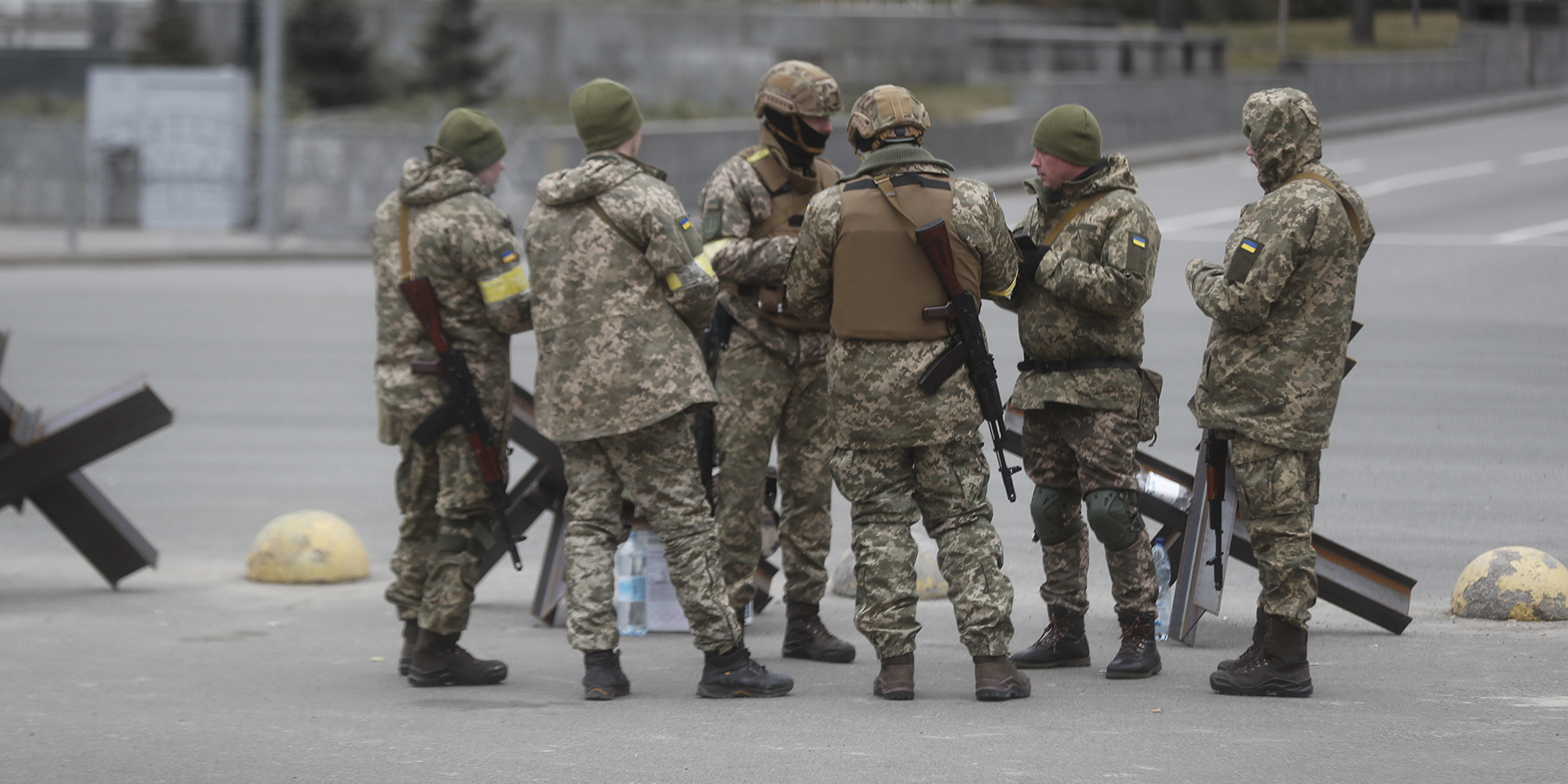
The ANC reaction has been bizarre, a confused cry of anguish to a reminder of the repeated failures of their Cold War patrons and the mythologies attached, and the upset to their current plans. But it is notable that by far the most impassioned announcement on Ukraine made to date has been the cry of pain from the ANC’s spokesperson, Pule Mabe, over the cessation of broadcasts of Russian TV, a channel where fake news is company policy.
For the ANC this should pose a conundrum. What Putin appears to be doing with Chechnya, Georgia and now Ukraine is rebuilding part of the Russian empire. For a country that fought against the evils of empire, it seems strange that South Africa seems happy to endorse the remaking of an old empire. If anything, it suggests that the party is still captured.
While the consequences of this ANC line have yet to fully play out, the outside world should now be clear about what the party stands for — and the extent to which it has sold out on its core values.
The ANC, like Putin, finds itself not only on the wrong side of history, but flogging the wrong version of history too — it has decided it will stand with the opportunists and not the democracies. DM
Dr Mills and Hartley are with The Brenthurst Foundation. www.thebrenthurstfoundation.org
